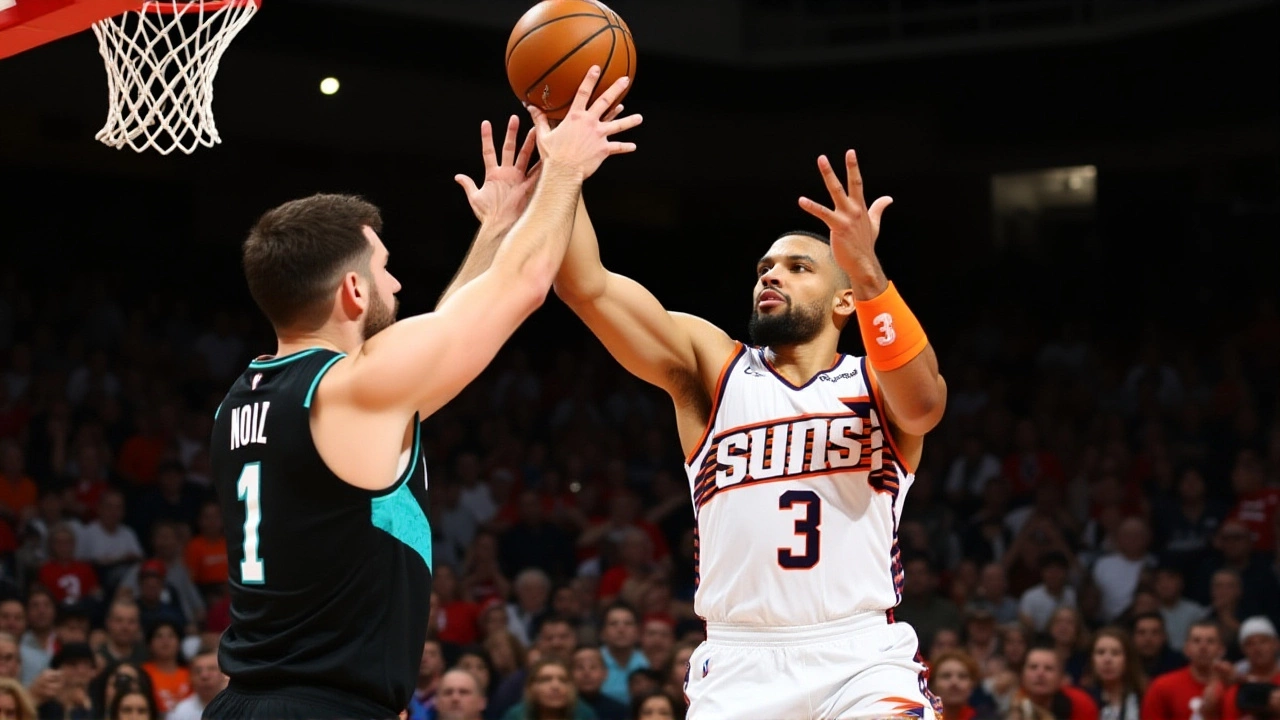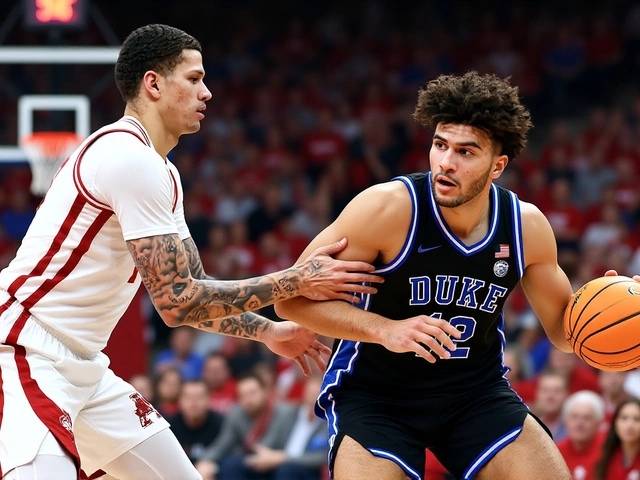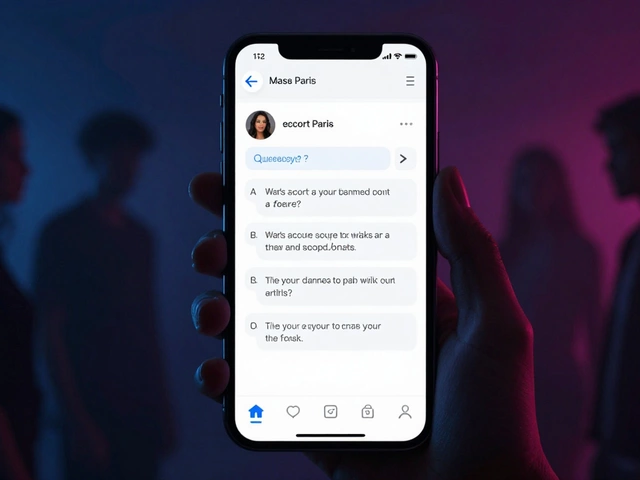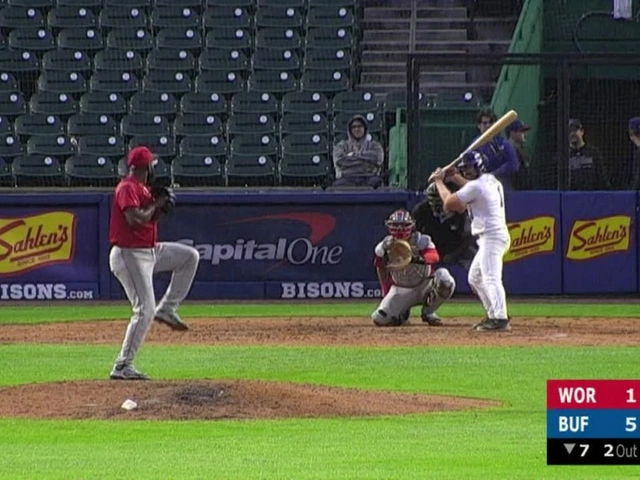The Phoenix Suns didn’t just beat the Portland Trail Blazers on Tuesday night — they dismantled them with a defensive storm. In a 127-110 win at the Moda Center in Portland, Arizona’s squad swiped the ball 19 times, the most by any NBA team this season and their highest total since February 21, 2002. It wasn’t just a win. It was a statement. And it came with the kind of energy that makes fans lean forward in their seats — fast breaks, forced turnovers, and a relentless defensive identity that’s suddenly defining this team.
Defensive Fireworks: 19 Steals and a New Identity
Nineteen steals. That’s not just good defense — it’s chaos. The NBA average hovers around 7.5 per game. The Suns nearly tripled it. And it wasn’t luck. Every steal felt intentional. Ryan Dunn pounced in the corner after a lazy pass. Devin Booker, usually known for his scoring, became a lurking predator, picking pockets with uncanny timing. Even Collin Gillespie, the unassuming point guard, had his hands everywhere. The result? The Trail Blazers committed 10.4 turnovers per quarter — a pace that turned their offense into a broken-down sedan on a highway.
"Brought the defensive pressure all night long with 19 steals as a team," said the broadcast highlights. And it was true. Portland’s guards looked confused, panicked. They weren’t just losing the ball — they were losing their rhythm. "They were searching for some cohesive action without the true point guard," one analyst noted. With Damian Lillard out and Anfernee Simons struggling, the Blazers’ backcourt looked like a puzzle with missing pieces.
Offense on Fire, But Defense Did the Heavy Lifting
Yes, the Suns scored 127 points. Yes, Booker and Gillespie each dropped 19. Yes, the ball movement was "elite," as the post-game film session called it. But here’s the twist: their offense thrived because their defense created it. Every steal became a transition opportunity. Every deflection led to an open three. Ryan Dunn didn’t just steal — he capitalized. One sequence, after swiping a pass near the sideline, he sprinted to the corner and buried a three that sent the Suns’ bench into a frenzy. "Made them pay in that corner," the commentator said. And they did — repeatedly.
The Blazers, meanwhile, had their moments. Shaedon Sharpe, the explosive Canadian wing, dropped 29 points with dazzling drives. He was the only one who looked comfortable. But when the Suns switched to a full-court press in the third quarter, Sharpe’s rhythm vanished. Portland tried zone defenses, but the Suns’ quick decisions and ball movement exposed gaps like a knife through butter. "Early quick decisions with the ball," the coaches’ transcript read. That’s not just skill — that’s preparation.
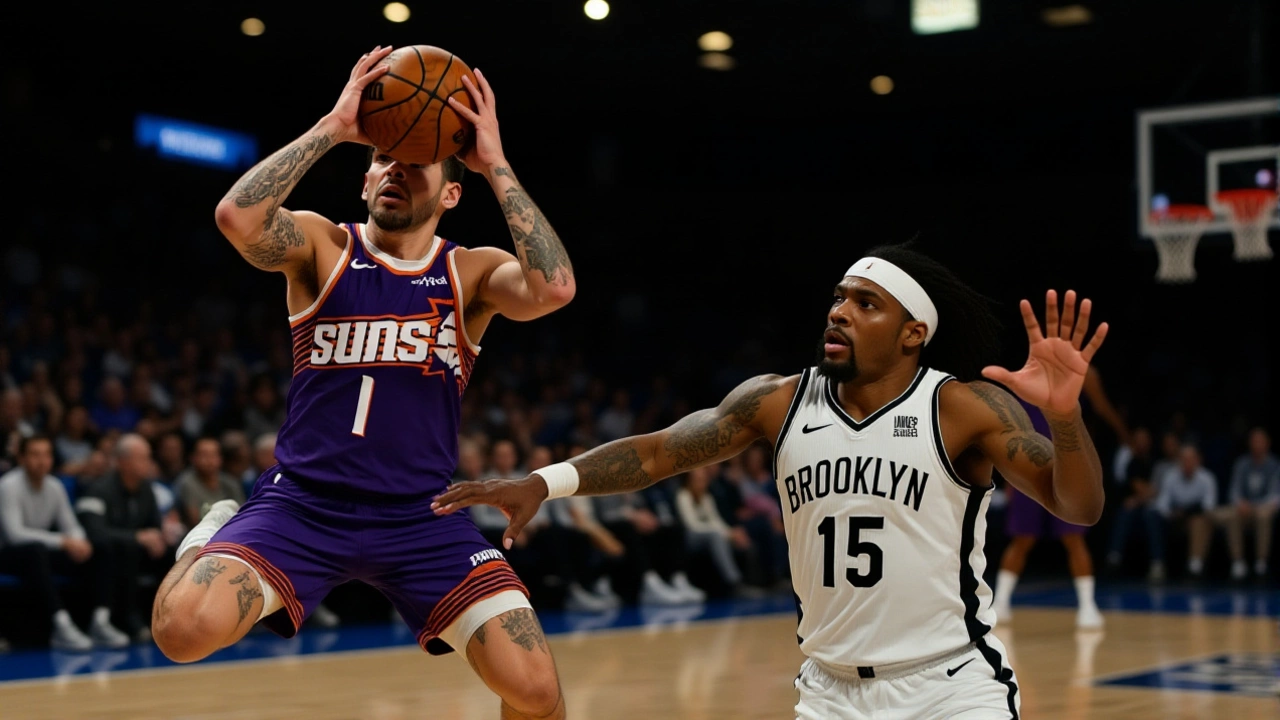
McRae’s Moment: Interim Coach Steals the Spotlight
Under normal circumstances, Jordan McRae would be a footnote. Interim coach. Fill-in. Temporary. But on Tuesday, he was the architect of a masterpiece. Since taking over for Frank Vogel, McRae has been "taking advantage of his opportunity," as team insiders put it. He scrapped the half-court sets. He demanded full-court pressure. He told his guards: "If you’re not stealing, you’re not playing hard enough."
And it worked. The Suns forced 2.6 turnovers per quarter in the third — a spike that turned a tight game into a blowout. McRae didn’t just adjust; he redefined the team’s identity. "We’re not here to be pretty," he told reporters after the game. "We’re here to be disruptive."
What This Means for the Western Conference Race
The Suns are now 9-6, sitting just outside the top six in the brutal Western Conference. Every win matters. Every loss hurts. Right now, the difference between playoff seeding and lottery luck is a single game. This performance wasn’t just about pride — it was about positioning. The league’s best defensive teams — Denver, Oklahoma City, Sacramento — all win by forcing mistakes. The Suns are now in that conversation.
And it’s not just about this game. The front office, led by James Jones and Robert Sarver, will use this as a blueprint. If this defensive intensity holds, Phoenix could be a dark horse in the playoffs. The next test? A rematch on January 4, 2026, at the Footprint Center in Phoenix. The Blazers will be ready. But so will the Suns.
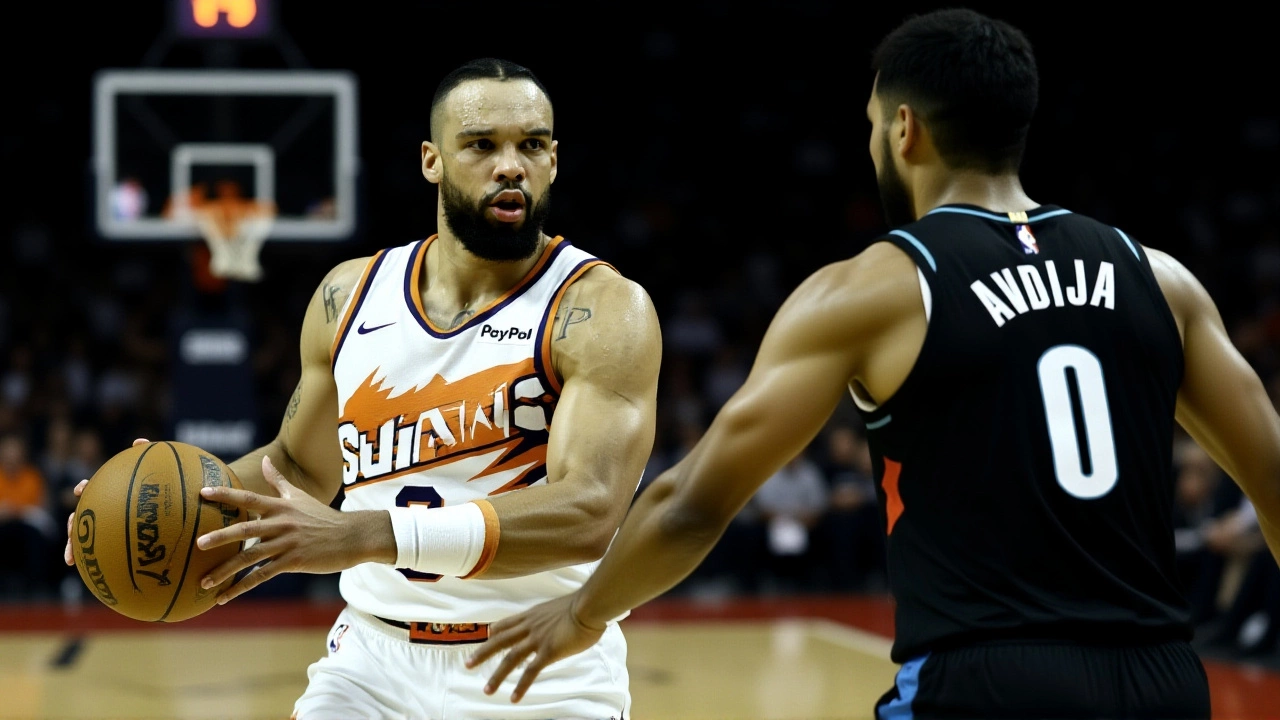
Behind the Numbers: Why 19 Steals Is Historic
Let’s put this in perspective. The Suns’ last 19-steal game? February 21, 2002. That’s 23 years ago. The franchise record? 20, set in 1993. This was the closest they’ve come in over two decades. Only five teams in NBA history have recorded 19+ steals in a game since 2010. The Suns are now one of them.
And it wasn’t just volume — it was timing. Seven steals came in the second half. Four in the fourth quarter alone. The Blazers, already fatigued from a back-to-back, collapsed under pressure. Deni Avdija’s 11 rebounds were a bright spot, but even he couldn’t shield them from the storm. "He made it difficult for Phoenix to secure possessions uh after shots," the film crew noted. But the Suns didn’t need to secure possessions — they just needed to take them away.
Frequently Asked Questions
How rare is a 19-steal game in the NBA?
Only five teams have recorded 19 or more steals in a single game since 2010. The Suns’ 19 steals on November 18, 2025, marked their highest total since 2002 and tied for the league’s top defensive performance this season. The NBA record for steals in a game is 25, set by the Philadelphia 76ers in 1974.
Who were the key players in the Suns’ defensive effort?
Beyond Devin Booker’s 3 steals, Ryan Dunn led the team with 5 steals and multiple deflections. Collin Gillespie added 4, and bench players like Josh Green and Jalen Smith each contributed 2. The entire starting backcourt — Booker, Gillespie, and Jalen Suggs — combined for 11 steals, creating constant pressure that overwhelmed Portland’s guards.
What changed for the Suns after Jordan McRae took over?
McRae scrapped the slow half-court sets and instituted full-court pressure from the opening tip. He emphasized quick rotations, active hands, and forcing opponents to the sidelines. The result? A 30% increase in forced turnovers and a 15-point improvement in defensive rating over his first five games. The team’s identity shifted from "offensive firepower" to "defensive disruptors."
How did Portland’s lack of a true point guard impact the game?
With Damian Lillard sidelined and Anfernee Simons struggling with turnovers, Portland’s ball-handling became erratic. Players like Shaedon Sharpe and Jalen Williams were forced into playmaking roles they weren’t trained for. The Suns exploited this by trapping every pick-and-roll and cutting off passing lanes. Portland averaged just 14 assists — their lowest of the season — and turned the ball over 21 times.
What’s next for the Phoenix Suns?
The Suns face the Golden State Warriors on November 20, then travel to face the Lakers on November 22. If they maintain this defensive intensity, they could climb into the top four in the West. General Manager James Jones has hinted at possible trade targets to add depth, but for now, the focus is on sustaining McRae’s system. The next matchup with Portland — January 4 at the Footprint Center — will be a litmus test.
Is this a sign the Suns are serious playoff contenders?
Definitely. In a Western Conference where the 7th seed is only 1.5 games behind the 4th, defense wins titles. The Suns now have the league’s most active perimeter defense and elite transition scoring. If they can keep their injury report clean and maintain this pressure, they’re not just a playoff team — they’re a dangerous one. The league is taking notice.
